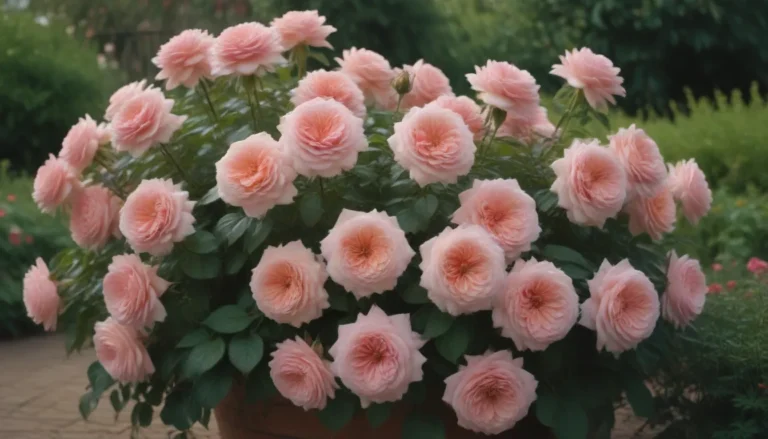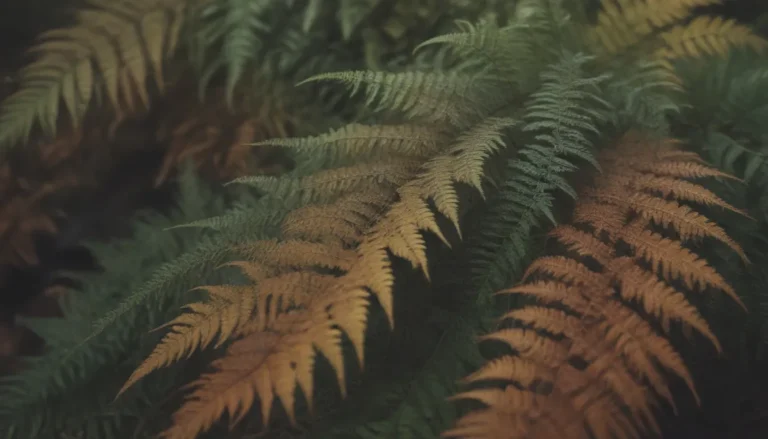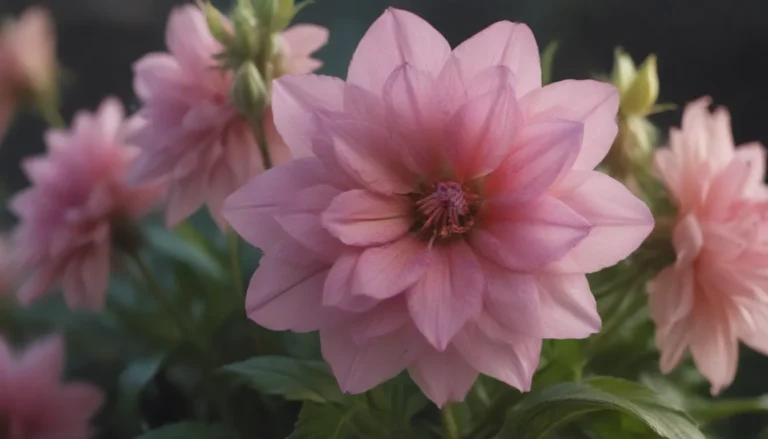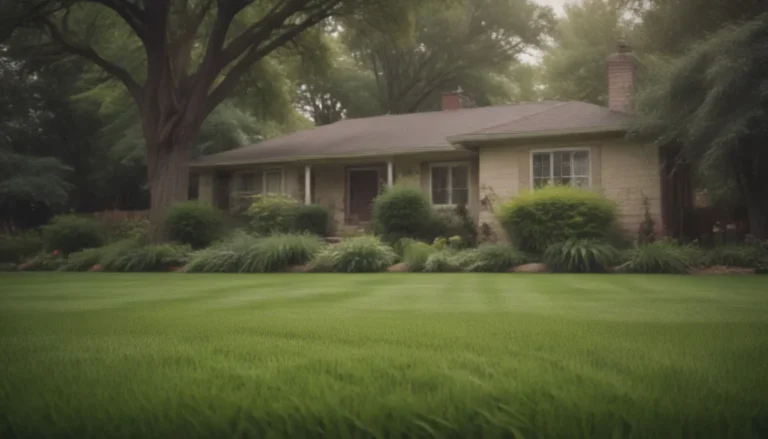The Surprising Benefits of Clover for Your Lawn
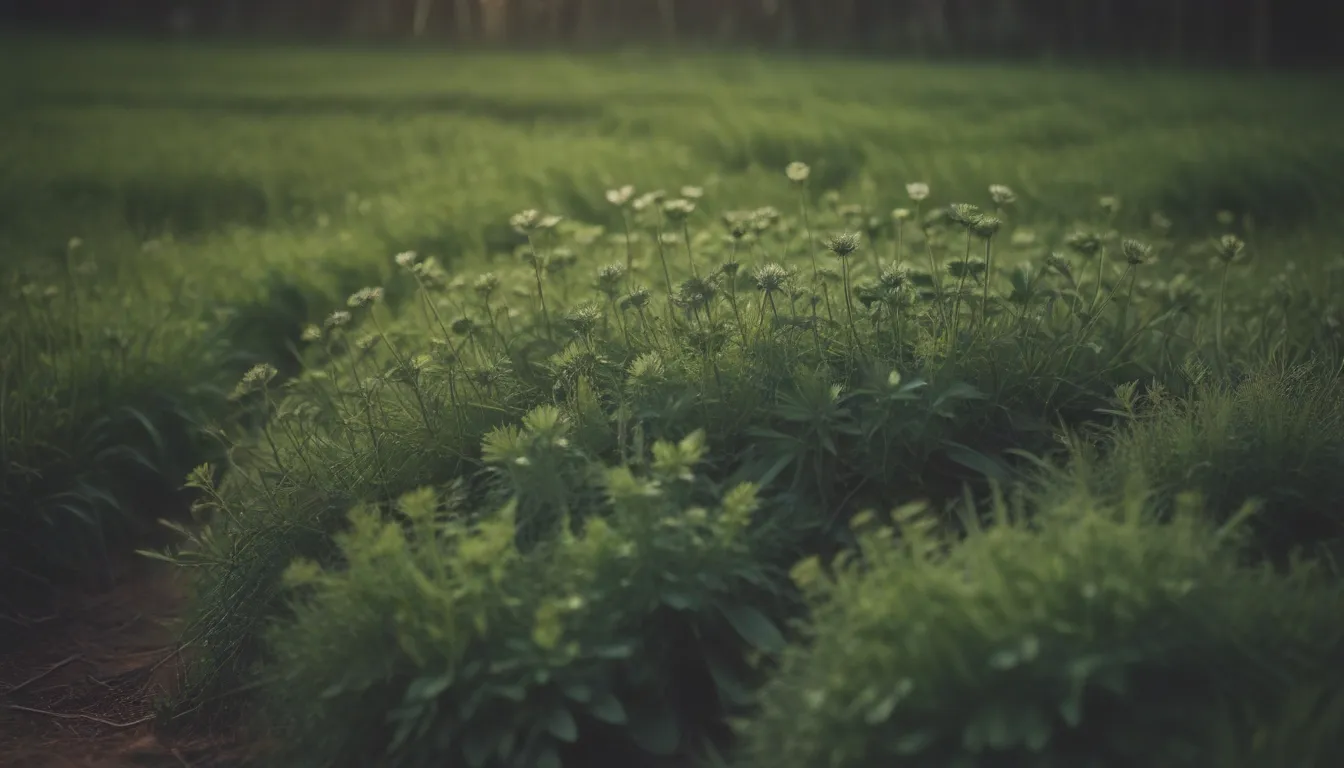
Are you constantly battling with clover in your lawn, trying to rid your yard of what is typically considered a pesky weed? Before you reach for the herbicides, consider the surprising benefits that clover can offer to your lawn’s health. In fact, many of the plants we label as weeds are actually genetically superior to the landscape plants we aim to cultivate. Let’s delve into the world of clover and discover why it may just be a valuable addition to your yard.
What is Clover?
Clover is a plant characterized by its alternate compound leaves, usually featuring three-toothed leaflets. As a type of legume, clover plays a vital role in the ecosystem by fixing nitrogen in the soil. While white clover (Trifolium repens) is the most prevalent variety, there are over 300 species of clover, each offering unique advantages to your lawn.
Is Clover a Weed?
Traditionally, clover is often classified as a weed and is actively eradicated by homeowners and landscaping professionals due to aesthetic reasons. However, this humble plant can actually provide significant benefits to your lawn, especially in areas lacking essential nutrients. In recent years, clover has gained popularity as a grass alternative due to its ability to enhance soil health and reduce the need for excessive maintenance.
Types of Clover
Various types of clover exist, each offering distinct characteristics that can benefit your lawn in different ways:
- White Clover (Trifolium repens)
- Red Clover (Trifolium pratense)
- Crimson Clover (Trifolium incarnatum)
- Alsike Clover (Trifolium hybridum)
Benefits of Clover
Clover comes with a host of advantages that can help improve the overall health and appearance of your lawn:
- Nitrogen Fixation: Clover is a natural nitrogen fixer, enriching the soil with this essential nutrient.
- Drought Tolerance: Clover can withstand dry conditions better than traditional grasses, keeping your lawn green during periods of water scarcity.
- Pollinator Attraction: Clover flowers attract beneficial pollinators like bees and butterflies, promoting biodiversity in your yard.
- Weed Suppression: The dense growth of clover can help prevent the growth of other common lawn weeds, reducing the need for chemical herbicides.
Disadvantages of Clover
While clover offers numerous benefits, it’s essential to be aware of potential drawbacks that may impact your lawn care routine:
- Overgrowth: In some cases, clover may spread aggressively, competing with grass for space and sunlight.
- Bee Attraction: Clover flowers are highly attractive to bees, which may pose a concern for individuals with bee allergies or young children.
- Aesthetic Preferences: Some homeowners may prefer a uniform grassy lawn, leading them to view clover as an unwanted intruder.
Other Beneficial Lawn Weeds
Clover is not the only beneficial weed that can contribute to a healthier lawn. Consider incorporating these other beneficial options into your yard:
- Dandelions: Despite their reputation, dandelions have deep taproots that break up compacted soil and provide essential nutrients.
- Goldenrod: This native plant attracts pollinators and enriches the soil with its deep roots.
- Yarrow: Yarrow is a hardy plant that can fill in bare spots in your lawn and add a pop of color with its flowers.
Getting Rid of Clover
If you’ve decided that clover no longer fits into your lawn care plan, there are several methods you can use to remove it effectively:
- Higher Mowing Height: Raise the height of your lawnmower to allow grass to outcompete clover for sunlight and space.
- Broadleaf Herbicides: Selective herbicides designed to target broadleaf plants like clover can help eradicate it from your lawn.
- Natural Weed Killers: Utilize eco-friendly weed killers made from ingredients like vinegar or citrus oil to control clover growth.
- Hand-Pulling: For small patches of clover, hand-pulling can be an effective way to remove the plants without resorting to chemicals.
Ultimately, the decision to keep or remove clover from your lawn depends on your unique preferences and goals for your outdoor space. While some homeowners appreciate the benefits of a clover lawn, others may opt for a more traditional grassy landscape. Whichever path you choose, understanding the advantages and disadvantages of clover can help you make an informed decision for your lawn’s health and aesthetics.
In conclusion, clover may be commonly classified as a weed, but its remarkable benefits make it a valuable asset for promoting a thriving and sustainable lawn. By weighing the pros and cons of clover cultivation, you can determine whether this versatile plant deserves a place in your backyard oasis. Happy lawn tending!

